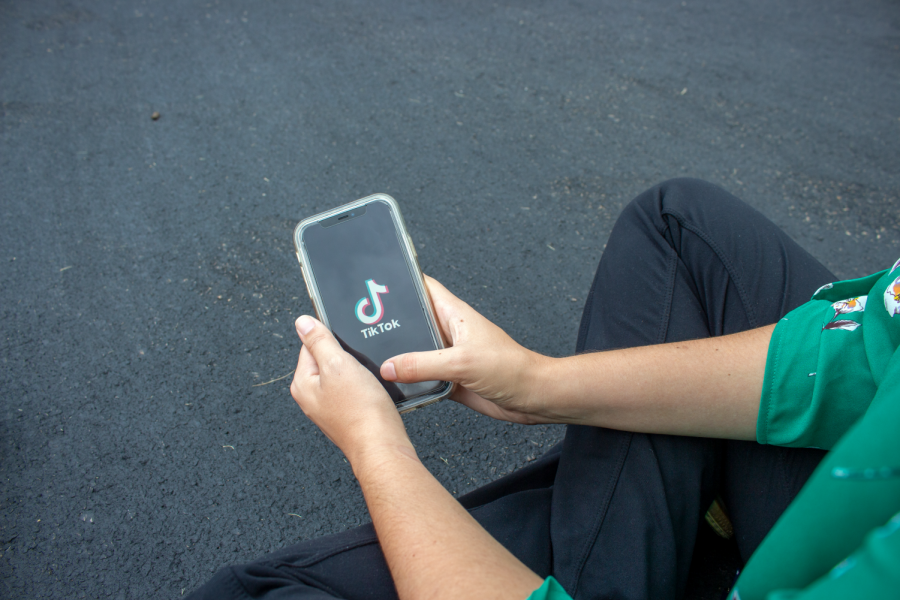American privacy concerns about TikTok hypocritical given Facebook history
TikTok content ranges from recipe tutorials to complicated dance routines.
In what may lead to the death of 15 second dance covers, President Trump issued an executive order on Sept. 18 to remove TikTok from U.S. app stores by Sept. 20. The news comes after TikTok’s parent company, ByteDance, partnered with computer software company, Oracle, to avoid the ban of the app.
The Trump Administration cited their push against TikTok as a way to protect American users from the app’s susceptibility to misinformation campaigns and censorship. The goal of the ban is to protect children’s privacy and the data of all American users. National security concerns have risen over China allegedly having access to U.S. user’s data, although there is no specific evidence that China does have access to any of the data.
However, concerns arose that if ByteDance was sharing data with the Chinese government, no one would really know about it. In June 2017, the National Intelligence Law was passed by the Chinese government, which legally obligates all Chinese companies to help the government collect intelligence if asked and to keep silent about any cooperation.
It’s not wrong for Trump to ban an app whose parent company can’t guarantee protection of its users. It is, however, hypocritical of him. Trump is operating under the assumption that data stored within U.S. borders is safe when there are no real boundaries set to protect American’s data and he is not working to achieve them. During the 2016 presidential election, a British consulting firm known as Cambridge Analytica helped Trump’s campaign after reaping user data from more than 50 million Facebook profiles without their knowledge in order to swing those people’s opinions toward Trump’s favor. Cambridge Analytica used the data to learn about the potential voters and how they could be affected by the content they are shown. The company was able to monitor how effective every message was and constantly change and delivered them to Facebook users based upon their profile data to affect how they would vote.
Due to this, Trump is insincerely defending American’s data from China when he himself benefited from a British company collecting data years ago. Trump likely fears that China can use American data to push agendas just as Cambridge Analytica did. China does in fact aim to have a strong global influence, and can control and censor social media in their favor, which would be especially easy to do on applications owned by Chinese companies.
So, while the ban of TikTok is a step in the right direction, it is entirely hypocritical of Trump to take such a small step and not actually engage in the large-scale issue regarding the protection of American’s data.

Hi y'all! My name is Elle. I am majoring in Communication with double minors in Spanish and Journalism. I have wanted to be a writer ever since I was a...

Hey y'all! My name is Gracie Watt and I am a junior majoring in communication with a focus in journalism. I'm proud to be the Photo Editor for Hilltop...







